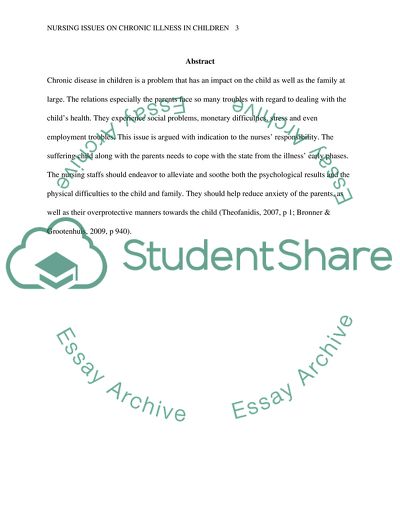Cite this document
(“Nursing Issues: Adverse Effects to the Family Unit of Having a Child Research Paper - 1”, n.d.)
Retrieved from https://studentshare.org/nursing/1582983-nursing-issues-adverse-effects-to-the-family-unit-of-having-a-child-with-chronic-illness
Retrieved from https://studentshare.org/nursing/1582983-nursing-issues-adverse-effects-to-the-family-unit-of-having-a-child-with-chronic-illness
(Nursing Issues: Adverse Effects to the Family Unit of Having a Child Research Paper - 1)
https://studentshare.org/nursing/1582983-nursing-issues-adverse-effects-to-the-family-unit-of-having-a-child-with-chronic-illness.
https://studentshare.org/nursing/1582983-nursing-issues-adverse-effects-to-the-family-unit-of-having-a-child-with-chronic-illness.
“Nursing Issues: Adverse Effects to the Family Unit of Having a Child Research Paper - 1”, n.d. https://studentshare.org/nursing/1582983-nursing-issues-adverse-effects-to-the-family-unit-of-having-a-child-with-chronic-illness.


